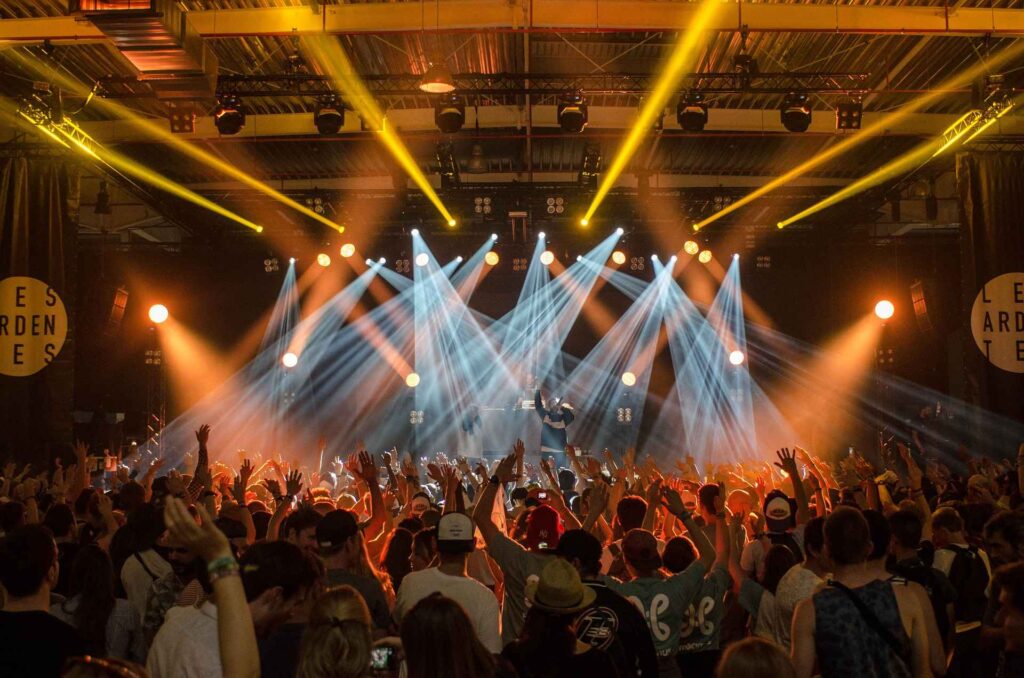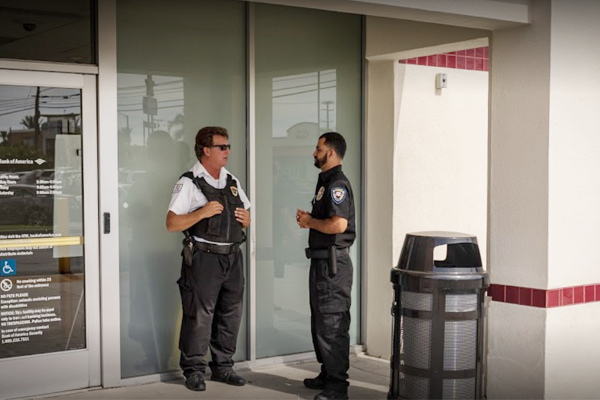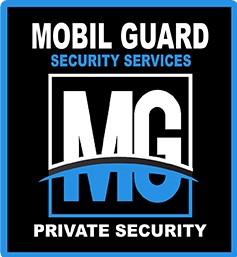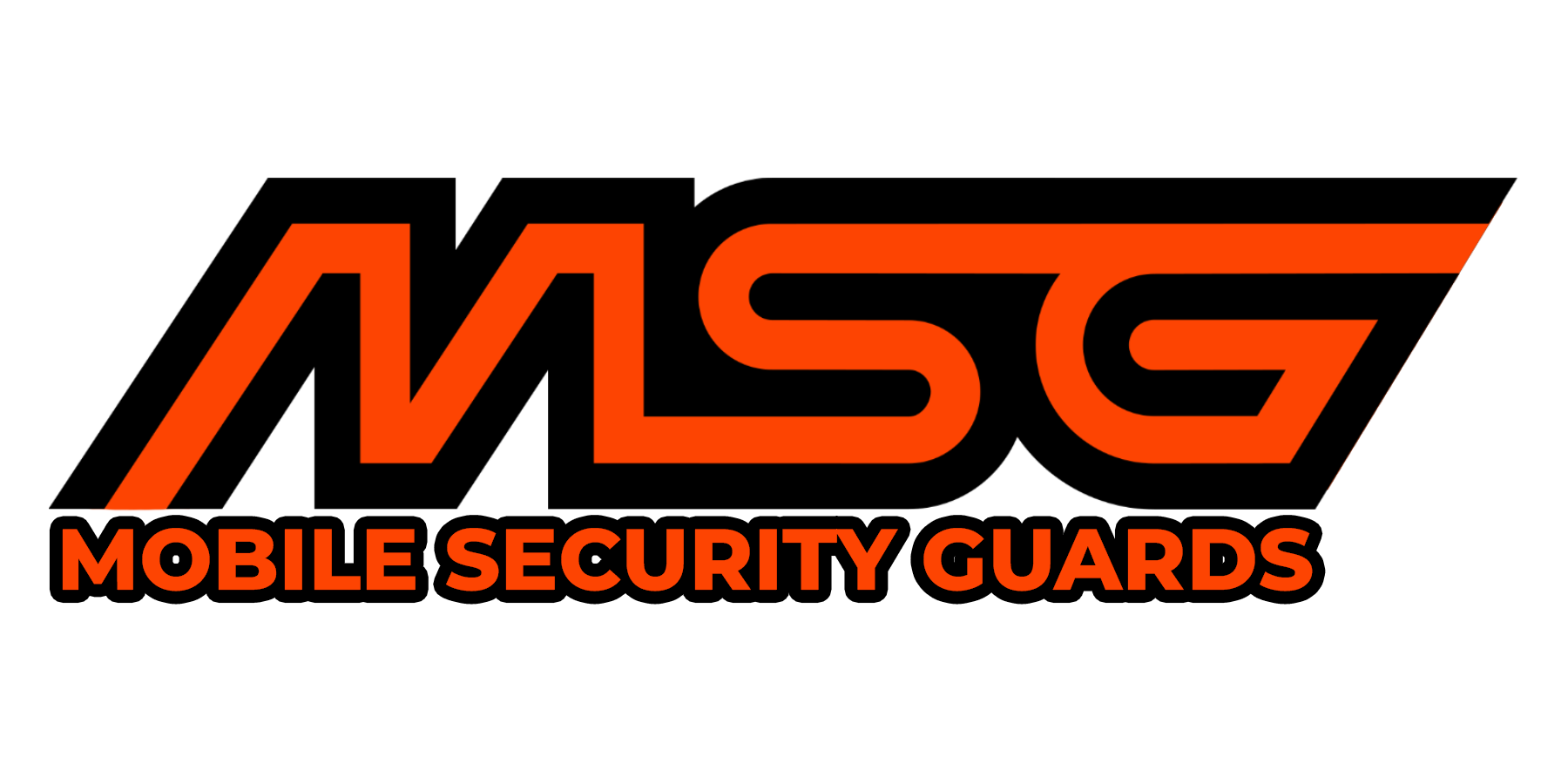- Home
- Services
Event Security Services
First and foremost, employee safety is paramount. As such, companies should take care to consider the risks involved with event security particularly if there’s broad public access to the premises. That being said, there are a number of measures you can put in place to make sure your event runs smoothly, guests are safe at all times and risk is minimized as much as possible. Security breaches can occur under any circumstances and at any type of event. Even smaller private parties are not immune from threat of danger. As a result, it’s important for company leaders to take proactive steps to ensure their employees, visitors and properties remain secure at all times. Security policies should be created before the initial planning stages and integrated into every aspect of pre- event marketing materials such as job postings, advertisements, vendor contracts and more. At Mobile Guards, we provide security for weddings, concerts, conferences and public and private events.
Meet with your event security team
If you’re not already doing this, meet with your security team to discuss the event’s expectation and plan ahead. This is an excellent opportunity to ask questions, brainstorm creative solutions to potential issues and address any concerns your team members might have. The more you know about the security team members and the more they know about the event, the more likely you are to be able to make appropriate adjustments as necessary. Communicating expectations clearly and effectively is an essential part of event security.
It’s recommended that you create a Security and Event Expectations document that addresses the following areas:
- Engagement: when and how security should be engaged,
- Arrival / Departure: guest check-in / check-out procedures,
- Visitor Identification: visitor verification and access procedures,
- Access: restriction and clearance procedures,
- Inventory: asset and equipment tracking procedures,
- Communication: radio etiquette,
- Incident management: break-out procedures.


Establish an easy to remember communications protocol
If you’re operating a radio-based communications system, make sure to create a memorable protocol to reduce the risk of miscommunications.
Create a short and easy to remember phrase that can be used by employees in their communications. In addition to helping avoid miscommunications, this makes it easier to identify who is conducting communications on
the radio system.
Utilize Guest Services Staff as additional security:
Attendees and employees may have questions or concerns that don’t fall under the realm of security but still need to be addressed. As such, it’s recommended that you assign a staff member to act as a first line of defense and additional security resource. This person can help to address concerns and questions, as well as lead lost people to the correct location.
Require Photo ID for all employees and vendors:
As part of your event security policies, require employees and vendors to present a valid photo ID. Doing so helps to ensure the person is who they say they are and reduces the chance of identity theft. Some states have laws requiring event vendors to present a valid photo ID. If applicable, make sure to follow the state laws for this guideline.


Install Closed-Captioning Video equipment:
If you’re hosting an event that will include visual presentations, make sure to install closed-captioning video equipment. Doing so will enable attendees who are hard of hearing to read a transcript of the presentation while they’re watching it. This aspect of event security will help to ensure all attendees are receiving the information they need to understand the event and its messages.
Conclusion:
There are a variety of ways to ensure your event security runs smoothly. From reviewing your current policies to creating new ones, to instituting new protocols and more, there are many things you can do to protect your event and the people who attend it. Ultimately, there is no 100% foolproof method for event security. However, with careful planning and a comprehensive approach, companies can minimize risk and make sure their event is a success.

